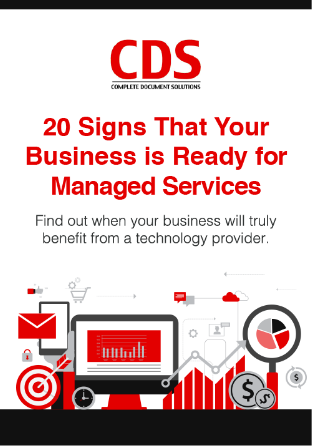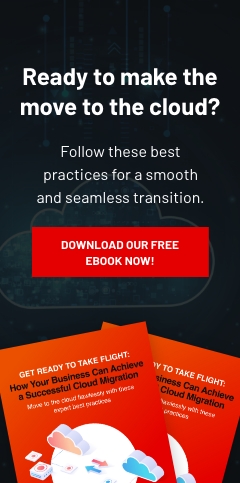Cloud computing brings enormous benefits to businesses looking for ways to reduce expenses and add value. In the wake of many high-profile data breaches over the past few years, however, businesses are starting to realize that data stored in the cloud isn’t always as secure as they thought. It would also be a mistake to assume that it’s any less safe than it would be hosted on-premises.
Having major companies like Google, Amazon, or Microsoft handle your data doesn’t make it immune from attacks, but it does provide more options for keeping it safe.
The cloud also provides some unique security challenges of its own, especially given that most attacks now stem from targeted social engineering scams rather than malicious software. By taking the steps necessary to ensure good governance, compliance, and security, your business can take advantage of the cloud without adding risk.
#1. Multifactor authentication
Digital security has always started and finished with passwords. But the fact that the most popular passwords are things like “password” and “123456” or simply the name of the user suggests that there’s a big problem with relying on passwords alone.
While businesses can and should implement strict password policies that explicitly prohibit and prevent weak passwords, it’s important to remember that they’ll never be foolproof. Cybercriminals often go after login credentials by duping their victims into giving them away across an unsecured channel.
A strong password should ideally serve as the first of two stages required to gain access to a system. In fact, chances are you’ve already used multifactor authentication for things like online banking, whereby you’re asked to enter a one-time security code in addition to your password.
By combining two or more verification methods, especially when accessing an account from an unrecognized device or internet connection, businesses can exponentially boost the security of remotely hosted resources. In addition, single sign-on (SSO) can make management easier by bringing all business systems under a unified login.
#2. Centralized management
Business technology is more complex than ever. Instead of only having to worry about an internal network, servers, and the workstations connected to it, businesses now have to think about constantly expanding fleets of mobile devices owned by both the company and their employees.
What’s more, there are numerous cloud providers, and businesses routinely use dozens of different apps hosted by different companies. All these things can become practically impossible to manage at scale.
To mitigate the security risks of cloud computing, build a cohesive technology infrastructure in which everything works well together. By reducing complexity, administrators can regain control over and visibility into their digital assets and manage access rights easily. For example, you might consolidate all applications and accounts a single employee may need to do their job under a unified SSO, with everything being made accessible through a cloud-hosted virtual machine. That way, administrators can instantly deactivate accounts or revoke access rights to all company resources when employees leave the company.
#3. Data encryption
Cloud computing involves transmitting your business data across the internet and then having it stored in an off-site data center. The moment the data leaves your internal network, you lose all physical control over it. That means it could potentially be intercepted by an eavesdropping or man-in-the-middle attack, a common risk when employees use unsecure public wireless networks. There are also no guarantees that your data will be safe at rest, as we’ve seen from many major cloud data breaches in recent years.
Fortunately, strong encryption can solve most of your cloud security problems by making data completely unreadable to any unauthorized party who manages to get their hands on it. Most enterprise-grade cloud services provide encryption, but it may be costly, and cannot be taken for granted. To secure your most sensitive data, encrypt files before they leave your local network, particularly when you’re migrating to the cloud. Reduce the risks when using wireless connections by enforcing the use of a company virtual private network (VPN), which will automatically encrypt all data being transmitted.
Complete Document Solutions provides secure cloud computing services that boost scalability and simplify key business processes. Contact us today to find out more.
Download our free eBook!
Experiencing more and more IT difficulties recently? Maybe it's time to have a reliable IT partner. Read our free eBook: 20 Signs Your Business Is Ready for Managed Services and find out if the problems pestering your business’s IT requires the help of an MSP.




Leave a comment!